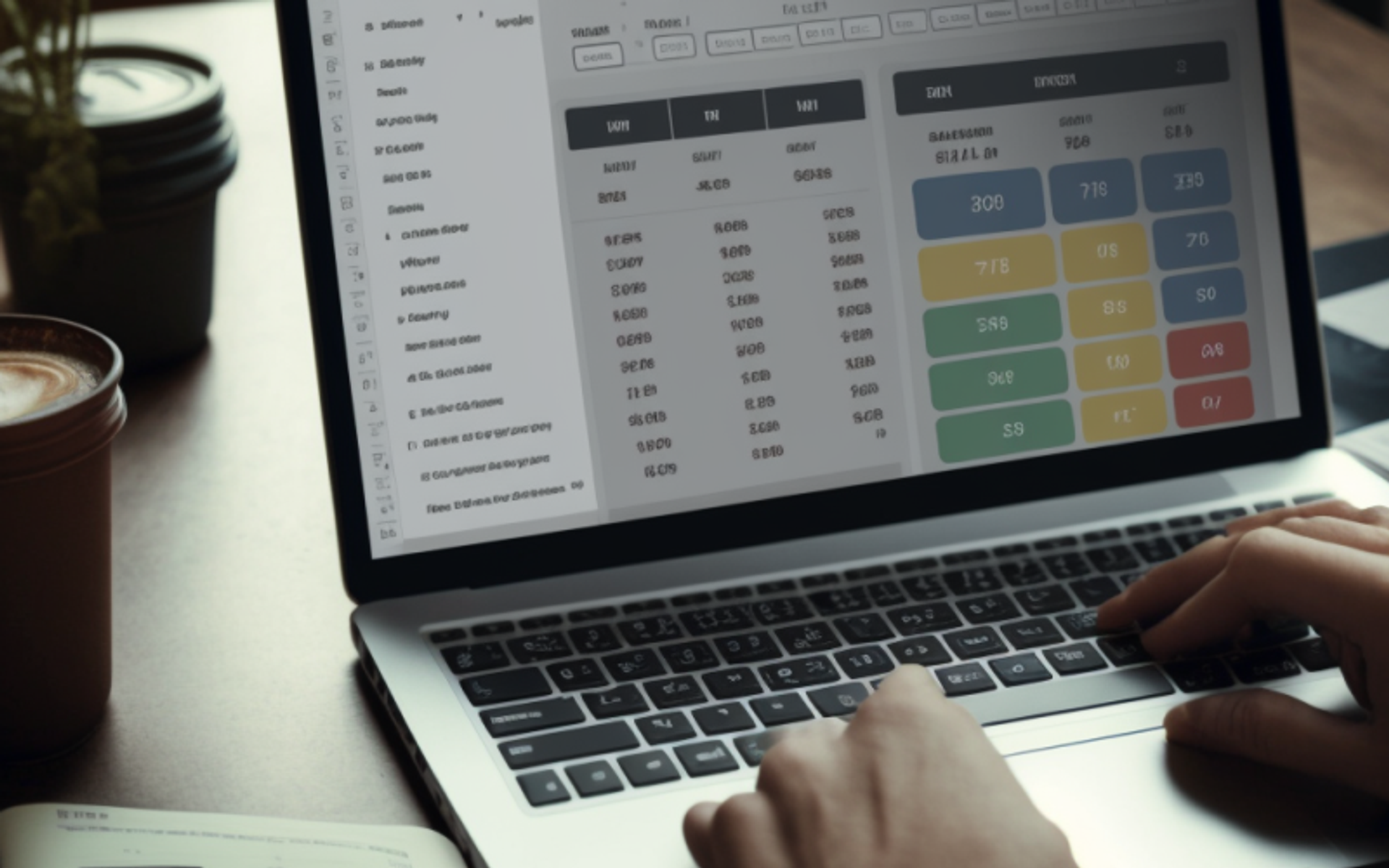Mastering Your Finances: A Step-by-Step Guide to Creating and Sticking to a Budget

Published: February 3rd, 2023

Estimated reading time: 4 minutes.
Making a budget is one of the most crucial but also one of the most difficult aspects of managing your finances. A budget enables you to see where your money is going and pinpoint areas where you may make savings. We'll go over the actions you need to follow to make and stick to a budget in this blog post.
Gather Your Financial Information
You need to have a thorough understanding of your present financial status before you can make a budget. To do this, you must compile details on your earnings, outgoings, and debts. Make a list of both your variable spendings, such as food and entertainment, as well as your fixed expenses, such as car payments, insurance fees, and rent or mortgage payments. You may use this information to better understand how much money you make and spend each month as well as where it is going.
Set Financial Goals
You need to make financial goals for yourself once you have a clear understanding of your current financial status. These objectives should be precise and measurable, whether they are short-term or long-term. Consider replacing the phrase "save more money" with the phrase "save $500 by the end of the month." Setting financial objectives will help you stay motivated by giving you something to strive towards.
Create a Budget
You can now make a budget using your financial data and objectives. You can use many different budgeting strategies, such as the 50/30/20 rule, which divides your income into three categories: needs, wants, debt repayment, and savings. Alternatively, you might use the envelope approach, in which you physically place cash in envelopes labeled with various expenses, such as rent, groceries, and entertainment.
Whatever strategy you decide on, make sure your budget includes a section for savings and debt payback. This will assist you in achieving your financial objectives and help your financial status get better over time. Make sure to account for a little buffer for unforeseen costs. It's usually a good idea to have extra money set aside for unplanned expenses.
Stick to Your Budget
The most crucial step after creating a budget is to adhere to it. This can be difficult, especially if you're accustomed to spending money whenever and however you like. However, setting up a budget will enable you to keep an eye on your spending and make the required corrections.
One way to stick to your budget is to track your spending. This means keeping track of all the money you spend and comparing it to your budget. This will help you see where you are overspending, and make adjustments accordingly. You can use apps or software to track your expenses, or you can use a simple spreadsheet.
Automating your savings is another strategy for adhering to your spending plan. In order to save money without you realizing it, this entails setting up automatic transfers from your checking account to your savings account. You can set it and forget it in this way, and you'll be astonished at how much money you end up saving over time.
Review and Adjust
A budget is a continuous process. As your financial situation changes, you'll need to review and modify it. At least once a month, review your budget to evaluate how you are doing. Adjust your budget if you discover that a particular category is where you routinely overpay. Additionally, reexamine your budget to see how it might be modified to make the most of your money if you receive a pay raise or additional revenue.
One important note is that sticking to a budget requires discipline and persistence. It's not always easy, and there will be times when you slip up. The key is to not let one setback discourage you. Instead, remind yourself why you started budgeting and recommit yourself to sticking to it.
Furthermore, it's crucial to be reasonable while making your budget. You're more likely to quit if you set unattainable goals or try to make drastic changes too soon. Start with minor adjustments and progressively move toward more significant objectives.
Finally, it's critical to remember that budgeting is about making wise financial decisions, not about going without. Knowing where your money is going and ensuring that it is being used to further your objectives are key. You'll be able to identify areas where you're squandering money and make adjustments to better your financial condition once you have a budget in place.
Although setting up and following a budget is difficult, it is worthwhile. It will assist you in taking charge of your money, achieving your financial objectives, and eventually enhancing your general well-being. Therefore, compile your financial data, establish financial objectives, make a budget, stick to it, and review and modify it as necessary. You can manage your budget and accomplish your financial objectives with patience and perseverance.